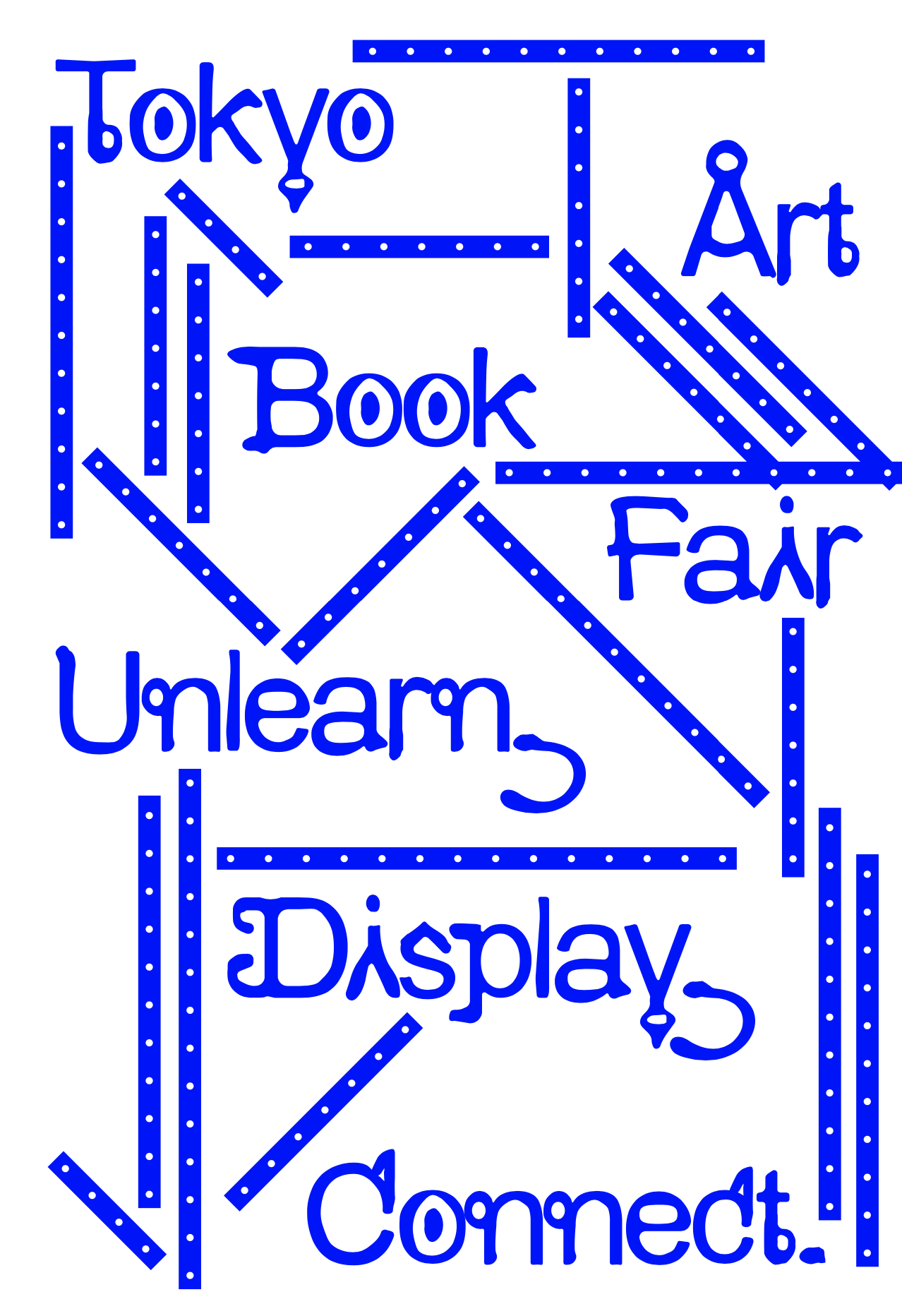Virtual Tokyo Art Book Fair with fanfare
| Virtual Tokyo Art Book Fair with fanfare | |
|---|---|
| Name | Virtual Tokyo Art Book Fair with fanfare |
| Location | online |
| Date | 2020/11/16-2020/11/23 |
| Time | [[]] |
| PeopleOrganisations | fanfare, Freja Kir, Femke Dekker, Anja Groten, Juliette Lizotte, Roger Willems, Karolien Buurman |
| Type | [[]] |
| Web | No |
| No | |
Anja and Juliette from H&D were invited to take part in one of the three conversations hosted by fanfare in the context of the Virtual Tokyo Art Bookfair.
Find the fanfare section here!
For TOKYO ART BOOK FAIR fanfare presents, Unlearn, Display, Connect – a reflection of the working attitudes and explorative ways of publishing detected in- and around fanfare.
Unlearn, Display, Connect
Around us, we detect a matrix of graphic design initiatives reacting to their temporary contexts and society of norms. Embedded in this observation are international influences, financial conditions and institutional traces. Unlearn, Display, Connect presents different discussions supported by a visual vocabulary of recent graphic design projects. These projects tend to strive for cultural value over economic gain. Through communication networks and knowledge infrastructures, they generate frameworks for learning, displaying, and connecting. The fundament of fanfare likewise finds its place in these values.
Connecting
Generosity of reproduction, organisational structure, explorative freedom and publishing as democratic business.
The focus on "connecting" devotes space to collaborative design practices where tools and networks are used for the benefit of expressing, exploring or manifesting opinions into a societal context. As the field of design reacts to societal and technological developments, we devote attention to the collaborative nature of the graphic design discipline. By borrowing from various disciplines, these projects draw on graphic design tools to transform aesthetics, purposes and meaning into shared systems.
